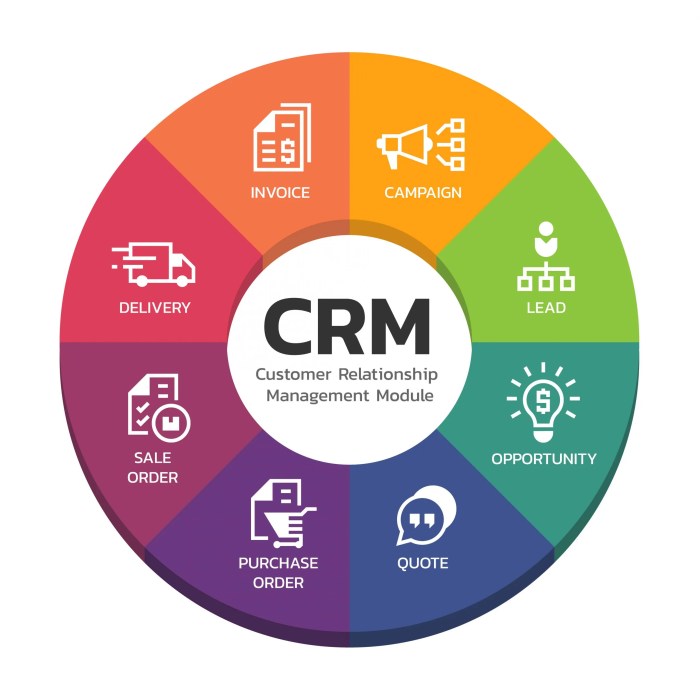Online CRM Systems
Unveiling the Dynamics of Online CRM Systems
In the dynamic landscape of modern business operations, the significance of effective customer relationship management (CRM) cannot be overstated. As businesses strive to cultivate lasting relationships with their clientele, the adoption of online CRM systems emerges as a pivotal strategy. In this comprehensive discourse, we embark on an exploration of online CRM systems, unraveling their functionalities, benefits, implementation strategies, and the transformative impact they wield in the realm of business management.
Understanding Online CRM Systems
Online CRM systems, also referred to as cloud-based CRM solutions, epitomize a paradigm shift in the way businesses manage their interactions and relationships with customers. Unlike traditional CRM systems, which are hosted locally on-premises, online CRM systems operate entirely in the cloud. This means that businesses can access their CRM data and functionalities through web browsers or dedicated applications, without the need for intricate infrastructure setups or extensive hardware investments.
Unveiling the Benefits of Online CRM Systems
1. Enhanced Accessibility and Mobility:
Online CRM systems empower businesses with unparalleled accessibility and mobility. Team members can seamlessly access critical customer data and collaborate on tasks from any location with internet connectivity. This flexibility fosters agility and responsiveness in addressing customer inquiries and managing leads effectively.
2. Scalability and Flexibility:
Scalability lies at the core of online CRM systems, allowing businesses to expand their operations and adapt to evolving customer needs seamlessly. Whether accommodating a growing customer base or integrating new functionalities, online CRM systems offer the flexibility to scale operations without disrupting existing workflows.
3. Cost-Efficiency and Affordability:
The adoption of online CRM systems eliminates the need for costly infrastructure investments and maintenance overheads associated with on-premises solutions. Businesses can leverage subscription-based models, paying only for the features and resources they require. This cost-efficiency democratizes access to advanced CRM capabilities, making them accessible to businesses of all sizes.
4. Real-Time Data Insights:
Online CRM systems provide real-time insights into customer interactions, preferences, and buying behaviors. Through intuitive dashboards and reporting tools, businesses can glean actionable intelligence, enabling informed decision-making and targeted marketing initiatives.
5. Enhanced Security and Compliance:
Leading online CRM providers adhere to stringent security protocols and compliance standards to safeguard sensitive customer data. With features such as data encryption, multi-factor authentication, and regular audits, businesses can instill trust and confidence in their customers while mitigating security risks.
Exploring Key Features of Online CRM Systems
1. Contact Management:
Streamline contact management processes by centralizing customer information, communication history, and interaction logs within the CRM system.
2. Lead and Opportunity Management:
Efficiently manage leads and opportunities through automated lead capture, qualification, and nurturing processes. Track the progress of leads through the sales pipeline and prioritize high-value opportunities for conversion.
3. Task and Calendar Management:
Facilitate task delegation, scheduling, and collaboration among team members with integrated task and calendar management functionalities. Ensure timely follow-ups and appointments to enhance customer engagement and satisfaction.
4. Campaign Management:
Plan, execute, and monitor marketing campaigns with built-in campaign management tools. Segment target audiences, personalize messaging, and track campaign performance to optimize ROI and drive revenue growth.
5. Customer Support and Service:
Deliver exceptional customer support and service experiences with robust ticketing systems, knowledge bases, and self-service portals. Empower customers to resolve queries independently while providing avenues for personalized assistance when needed.
Implementing Online CRM Systems: Best Practices
1. Define Clear Objectives and Key Metrics:
Align CRM implementation efforts with overarching business objectives and key performance indicators (KPIs). Clearly define the desired outcomes and success metrics to measure the effectiveness of the CRM system.
2. User Training and Adoption:
Provide comprehensive training and ongoing support to users across all levels of the organization. Foster a culture of user adoption by highlighting the benefits of the CRM system and addressing user concerns proactively.
3. Customization and Integration:
Customize the CRM system to reflect the unique workflows and processes of the business. Explore integration capabilities to seamlessly connect the CRM system with existing tools and applications, such as email clients, marketing automation platforms, and e-commerce solutions.
4. Data Migration and Management:
Prioritize data integrity and accuracy during the migration process. Develop robust data management protocols to ensure the consistency, security, and accessibility of CRM data across the organization.
5. Continuous Evaluation and Optimization:
Regularly assess the performance and usability of the CRM system through user feedback, data analytics, and performance metrics. Identify areas for optimization and enhancement to ensure the CRM system remains aligned with evolving business needs and industry trends.
In Conclusion
Online CRM systems represent a transformative force in modern business management, empowering organizations to forge deeper connections with customers, streamline operations, and drive sustainable growth. By harnessing the capabilities of online CRM systems and adhering to best practices in implementation and utilization, businesses can unlock new opportunities for innovation, differentiation, and success in today’s competitive landscape.

